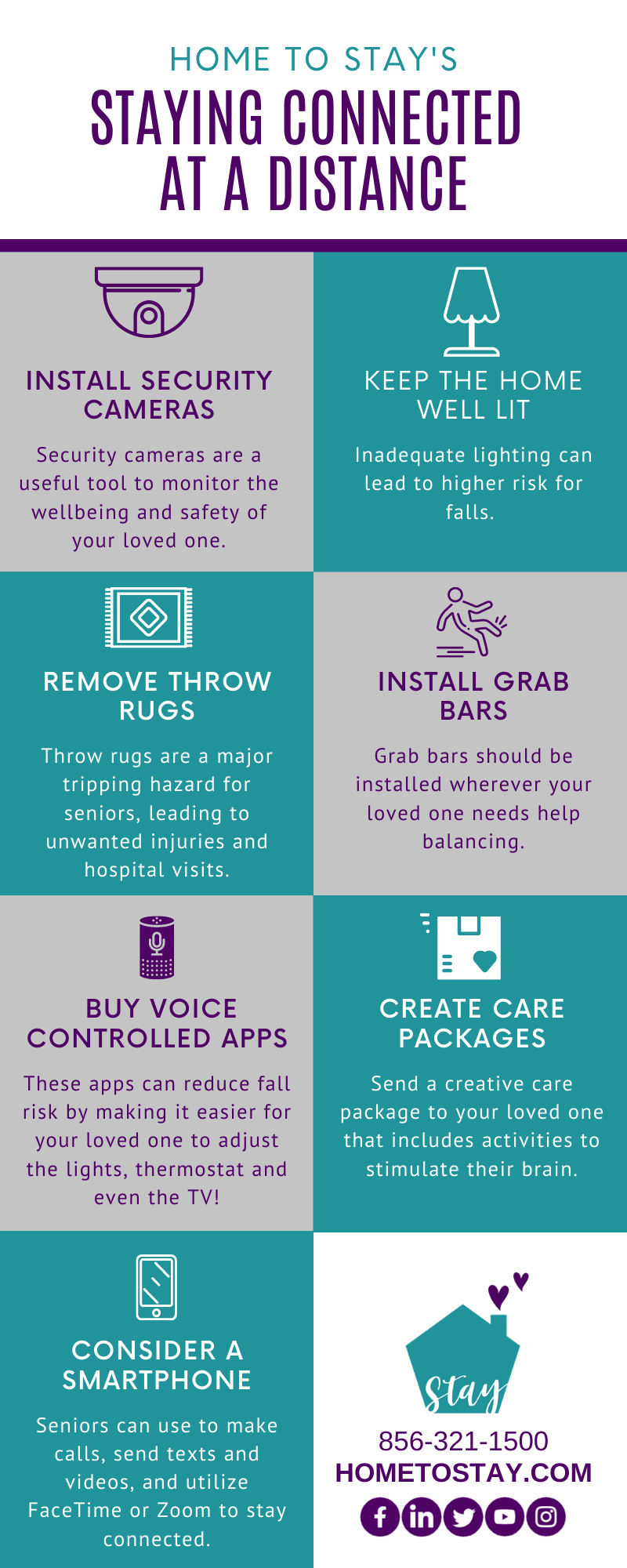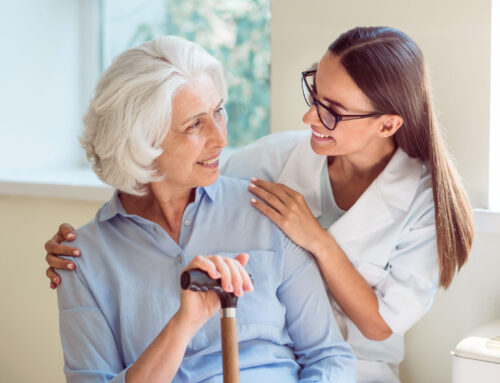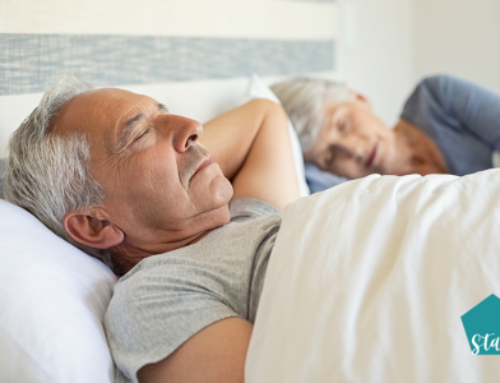Importance of Staying Connected with Your Senior Loved One

Staying connected is more important now than ever. As we enter our sixth month of quarantine, finding creative ways to stay connected can be difficult. Studies have shown that isolation plays a key role in physical and cognitive decline, especially in those who are older and living alone. The term “social distancing” has become our new vocabulary and the ramifications have proven just as dangerous as the current virus.
According to Lori Smetanka, Executive Director of the National Consumer Voice for Quality Long-Term Care, her agency is hearing of “people dying of loneliness.” As our nation slowly begins to reopen, there is still much hesitation to resume daily life as it once was. Long term care facilities still struggle with figuring out proper visitation policies, and without the advocacy of loved ones, many signs of abuse and neglect go unnoticed.
Checking up on your loved one may not be as easy as it once was. A phone call is a great start but physically seeing someone can give more insight into their overall well-being and safety. The New Jersey State Ombudsman office has seen a 37% increase in cases, investigating complaints from families and staff, pushing for better procedures to reduce the spread of the virus, and ultimately, the isolation that follows.
Tips to Keep Your Senior Loved One Safe and Connected
The Department of Health has issued its requirements for the phased reopening of visitation in long-term care communities, but what should you do if you live far away or your loved one is living on their own? Home to Stay Senior Care Solutions has compiled some of our best tips and tricks to help you figure out how to keep your loved one safe and connected during such a confusing and difficult time.
Install security cameras
Whether at home or within the private room of your care community, security cameras are a useful tool to monitor the well-being and safety of your loved one. Security cameras can help ensure they are being properly changed and bathed and increase awareness for signs of depression; including an increase in sleep or crying, decrease in cleanliness and appetite, and/or weight loss or gain. Make sure to check with your facility’s administration regarding their HIPPA policies and always make sure to discuss the comfortability of security cameras with your loved one before installation.
Keep the home well lit
Inadequate lighting can lead to higher risk for falls. Install nightlights around the home, especially in areas leading to the bathroom, kitchen, and bed.
Remove throw rugs
According to That Grab Bar Guy, Tim Ryder, throw rugs are a major tripping hazard for seniors, leading to unwanted injuries and hospital visits.
Install grab bars
Grab bars should be installed wherever your loved one needs help balancing, as they have a higher chance of falling in those areas.
Consider buying an Alexa, Echo Dot, or any other voice-controlled application
Innovative voice-activated technology can reduce fall risk by making it easier for your loved one to adjust the lights, thermostat, and even TV! Phone calls can easily be made by calling out a command, especially important in emergency situations.
Create care packages
Boredom can lead to an increase in anxiety, depression, and cognitive decline. Send a creative care package to your loved one that includes large print books, word search puzzles, a favorite magazine, personal care items, a comfort item (such as a throw blanket or decorative plant), and add a personal touch like a handwritten note or framed photo for display. This will help remind your loved one that they are not alone and thought of often!
Consider a Smartphone
Smartphones for Seniors is a free program specially developed by Community Liaison, Julieann Horner. Julieann helps your loved one use their smartphone or voice-controlled device in an easy-to-understand, step-by-step tutorial, where she guides them through a fun and interactive experience, teaching seniors how to make calls, send texts and videos, and utilize FaceTime or Zoom to stay connected!
Whether at home or in a long-term care community, Home to Stay is here to help keep you connected! If you are interested in any of our programs, including Smart Phones for Seniors, please contact us 24 hours a day, 7 days a week for up-to-date information and support!












